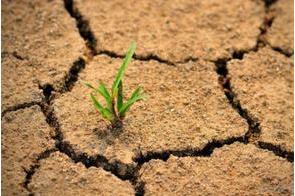India’s sustainable eating habits offer hope for climate change mitigation

Summary
Sustainable eating comprises practices such as minimising food waste, prioritising plant-based diets, and consuming locally-sourced foods.
As the world grapples with the urgent need to address climate change, India's sustainable eating habits offer a glimmer of hope to address the heightened ecological concerns, according to GlobalData, a leading data and analytics company.
Sustainable eating comprises practices such as minimising food waste, prioritising plant-based diets, and consuming locally-sourced foods.
India is known for its long history of vegetarian diets. Its traditional, climate friendly dietary habits have been spotlighted as a global blueprint for sustainable living in a recent Living Planet Report by the World Wide Fund for Nature (WWF). The report identified India's food consumption pattern as the most climate friendly among G20 nations.
“In recent years, India observed an intensified vegan movement, especially in metropolitan cities,” said Shravani Mali, Consumer Analyst at GlobalData. “The country’s current food consumption practices, emphasising plant-based diets and climate-resilient crops such as millets, require fewer resources and generate lower emissions compared to meat-heavy diets.”
Mali said adopting Indian sustainable eating habits worldwide offers a clear path to address critical environmental and health challenges.
Related
-
PPP to help enhance Africa's climate resilience
Investment in hydromet services is said to be smart investment that has a fivefold or greater returns, with significant ...
-
Nigeria at risk of becoming a desert – NCF
DG of the Nigerian Conservation Foundation said Nigeria loses 0.6 kilometres of land annually to desertification.
-
2019 was second warmest year on record – EU climate service
The report also said the last decade (2010-2019) was the warmest since records began.









